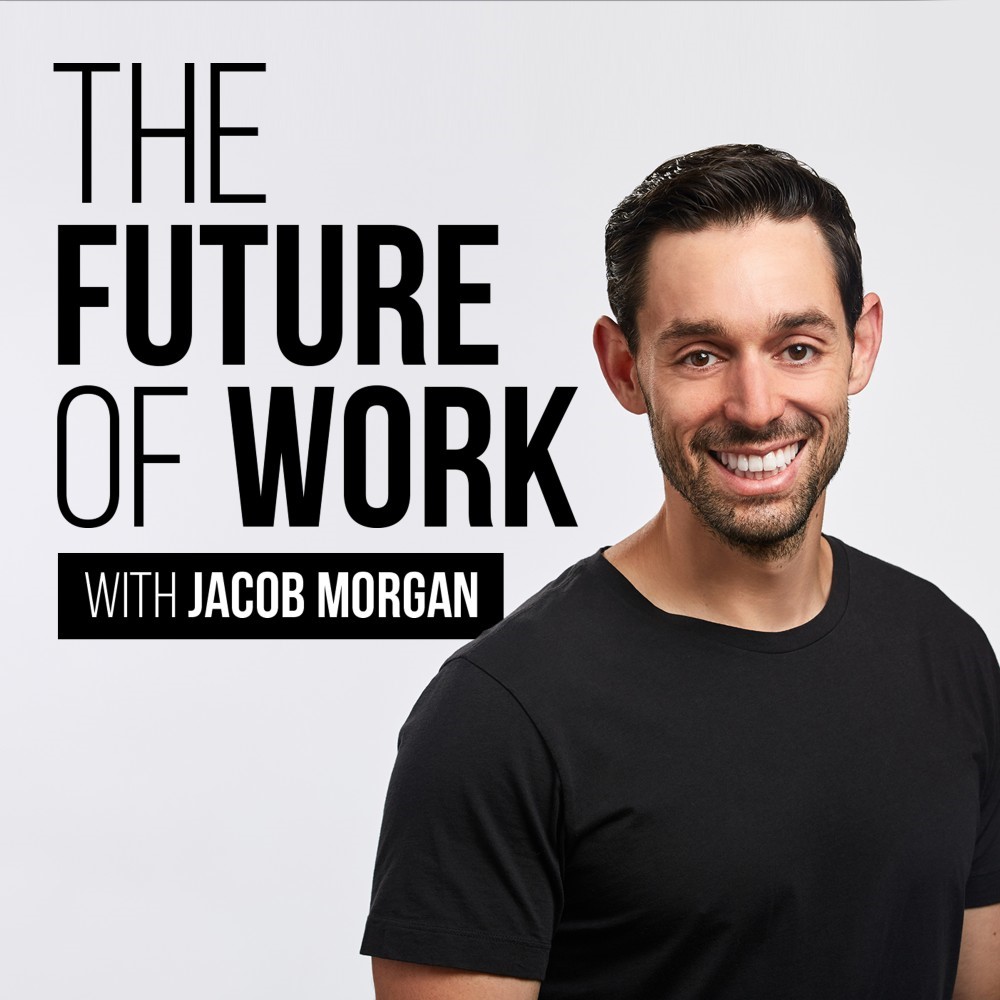It used to be that students went to four-year universities, earned a degree, and entered the workforce.
But today, as more higher education options arise and present alternatives to traditional education, companies realize that great employees don’t necessarily require a four-year degree. Moving to a skills-based framework helps people future-proof their careers with relevant skills and helps organizations hire qualified applicants who are tailor-made for the position.
One of the biggest challenges with traditional colleges and university programs was that students would graduate without the right skills for the job. Lisa Lewin, CEO of online education platform General Assembly, believes one of the most crucial changes to make in today’s education industry is to ensure a dialogue between what schools are teaching and what the market actually needs. Instead of relying on a network or social capital—which can be discriminatory to many potential employees—skilled-based programs like General Education embed into their curriculum more opportunities directly into high-demand work.
But what does this all mean for organizations? Instead of prioritizing where job applicants went to school or what degrees they hold, a skills-based framework highlights applicants’ skills and competencies. Doing so requires removing unconscious biases of hiring people who have things in common with us to hire people who are best for the job.
Companies that embrace a skills-based framework see incredible benefits. Lewin says that as companies move toward more of a skills-based hiring framework, it increases team diversity and gives a voice to people who may have been traditionally overlooked. Many people can’t afford traditional college or don’t have the network to land a great job. But that doesn’t mean they still can’t learn valuable skills to make a difference in the organization.
A skills-based framework also prioritizes and highlights in-demand skills like web development, software engineering, and data analytics. With technology advancing so rapidly, much of what is taught in traditional four-year programs is obsolete by the time students graduate. A skills-based framework rewards job applicants who take learning into their own hands to stay up-to-date on needed skills—regardless of whether or not they have a four-year degree.
A skills-based framework also allows people to change their careers and pivot into new areas. Most alternative higher education programs are open to people in all life stages, meaning anyone can take classes to learn new skills. The result is that organizations get job candidates who are engaged in the work and excited to contribute, not just people who have been moving through the same career for decades and have lost their passion.
To create a skills-based framework, consider the necessary skills for each job. Look for candidates with those skills instead of filtering based on degrees or years of experience. Doing so will open the door to a skilled and diverse group of potential employees.
There’s still a place for traditional education, just like there’s a place for alternative higher education. But by emphasizing skills-based hiring, companies can find skilled employees who can lead their teams to the future of work.
Listen to the episode on Apple Podcasts, Spotify, Google Podcasts, or your favorite podcast platform.

. . .

I launched a subscription version of my podcast. Get ad-free listening and access to bonus episode with the subscription version of the show The Future of Work Plus. It’s available on Apple and Spotify and it will cost $4.99/month or $49.99/year, which is the equivalent to the cost of a cup of coffee.
Fast-track your path to leadership success with The Future of Work Plus. I can’t wait for you to hear all the content we have in store!









Comments